Open Source Gears to Conserve the Marine Ecosystem: Hong Kong’s Marine Litter Detective Project Developed by MakerBay, WWF & Seeed
By Ye Seong SHIN 3 years agoMarine Litter Detective is a GPS-tracking device for monitoring marine pollutants, such as plastics and oil spills. This was developed by WWF Hong Kong in cooperation with MakerBay and Seeed. As a result, this Project has enabled the tracking of the origins and whereabouts of trash floating on the water surface (and inside the marine ecosystem), which disclosed how the marine litter ends up in the ocean from the land. Consequently, the Project can positively influence the UN’s SDGs 14, 6, 3, 17, 13, 11, 12, 4, 9 and 16.
Project Name: Marine Litter Detective Project
Deployment Location: Hong Kong
Targeted Industry Type: Marine Pollution
Project Partner(s): 

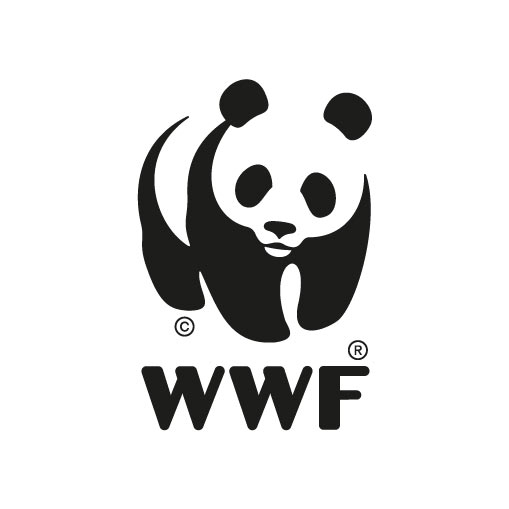
Increasingly, people all around the world are realizing how marine pollution has become a serious environmental issue. It affects not only the health of marine life and humanity, but also threatens natural habitats and livelihoods. Some of the main pollutants among all types of trash and marine debris are, guess what, plastics, industrial oils, and chemicals, of which 80% originated from the land (Figure 1). They are travelling around the world’s vast oceans due to their inherent buoyancy and light weight, or simply due to being flowing liquids. So now, let me ask you a simple question: Do you know why there is so much trash on the water surface, and do you know where they came from? You might be able to think of – land. Indeed, trash that did not end up in landfills or trash thrown by humans, somehow ends up in the ocean, poisoning the whole global marine ecosystem.
As the National Geographic describes, “Marine pollution, as distinct from overall water pollution, focuses on human-created products that enter the ocean.” (Howard, 2019). Even though there are many awareness-raising campaigns and small-and-big projects on cleaning up the masses, concerted efforts and holistic plans are lacking in cleaning up the oceans at global level. There might be good changes in one part of the world, but if the other parts of the world are bypassing the issue, or keep avoiding taking responsibilities, the numerous people’s efforts can easily end up in vain. Therefore, our humanity is placed in a desperate position to develop a “long-term observation platform”, which can provide data on monitoring the severity of marine pollution so as to brainstorm solution ideas to address negative impacts of marine litter (Small et al, 2020).
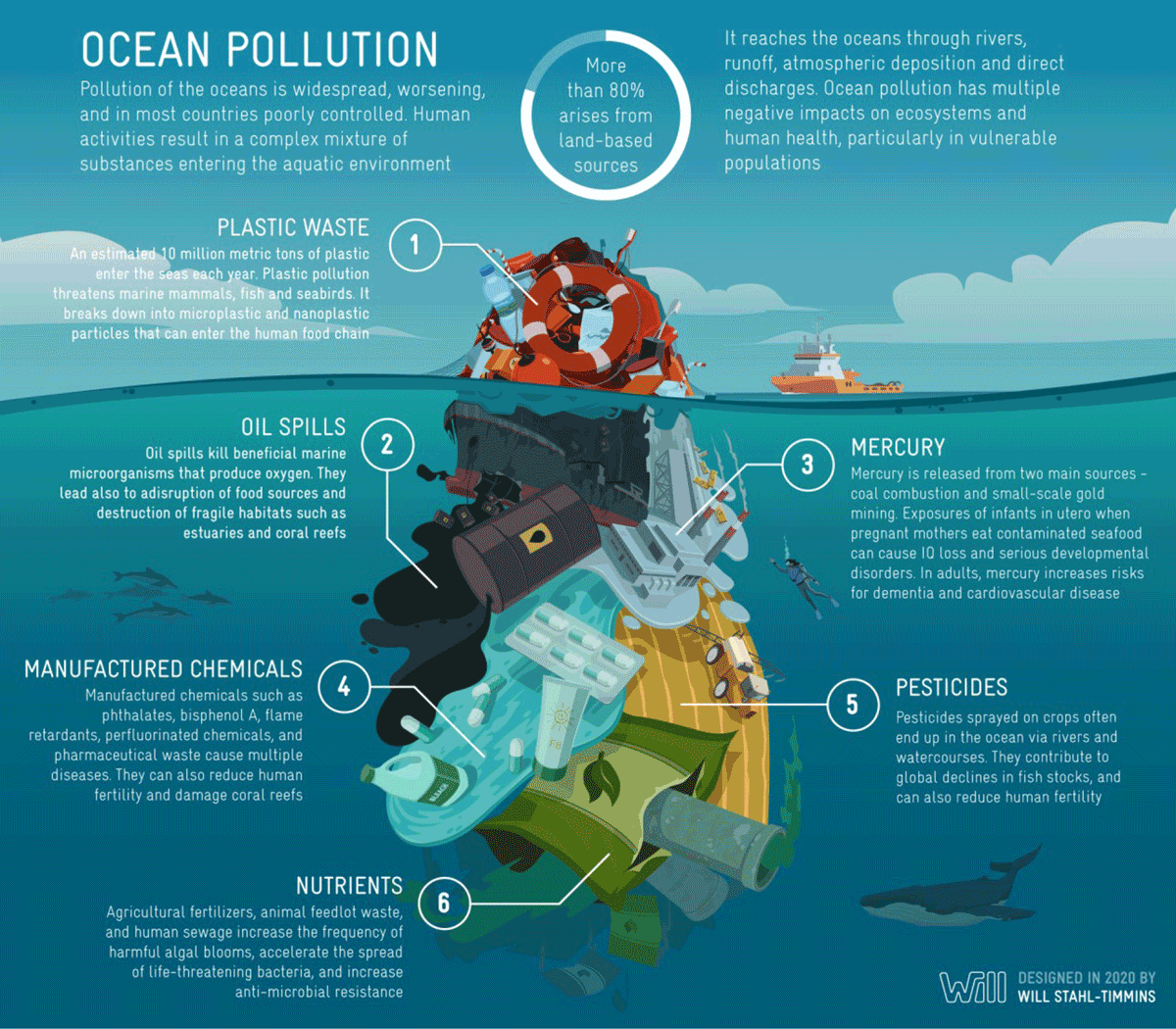
Figure 1. What Constitutes the World’s Marine Pollution? (Landrigan, 2020)
What’s the Challenge?
How to track and trace the origins and whereabouts of marine litter in order to tackle the issue of marine pollution?
What’s the Project About?
In 2017, a project on making a GPS-tracking device for monitoring marine environment was developed by WWF Hong Kong, which was designed in cooperation with MakerBay and Seeed. The GPS tracking device is named as “Marine Litter Detective” (Figure 2), and is made for tracking the origins and whereabouts of trash floating on the water surface, or inside the marine ecosystem, in an effort to discover how the marine litter ends up in the ocean. By collaborating with young students from 11 schools in Hong Kong, Marine Litter Detectives were hand-thrown into rivers and drains at different locations in the city to collect relevant data, which will be shared with the public to tackle the issue of marine pollution. This project was sponsored by the Environment and Conservation Fund and the Environmental Campaign Committee of Hong Kong Special Administrative Region (SAR) Government. (Maker Bay, 2020).
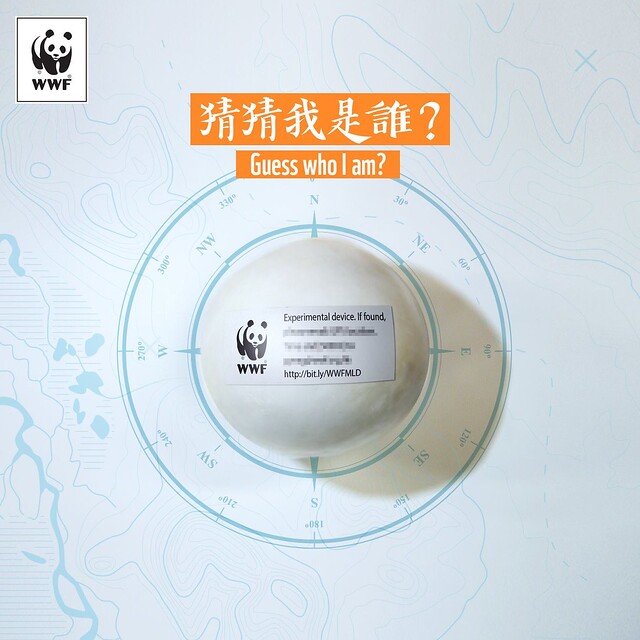
Figure 2. Marine Litter Detective (GitHub Pages, n.d.)
Established in 2015, MakerBay is one of the biggest makerspace in Hong Kong, founded by Cesar Jung-Harada (Figure 3). Cesar is a Japanese-French educator, environmentalist, and entrepreneur, who is passionate about spreading collaborative innovations for our environment and society, and self-empowerment of local communities. MakerBay facilitates everyone to learn about maker skills and mindset within the local communities, as well as share their open prototypes to scale-up with global collaboration for a sustainable world. (MakerBay, n.d.).

Figure 3. Cesar Jung-Harada (LinkedIn, n. d.)
Founded in 1961, the World Wildlife Fund (WWF) is one of the world’s well-recognized and respected independent environmental conservation organizations. WWF Hong Kong was established in 1981 to cease environmental degradation of the Earth, and to construct a sustainable and harmonized future for humans and nature. (WWF Hong Kong, n.d.).
As MakerBay’s Founder, Cesar Jung-Harada, explains, “The idea of the device [= Marine Litter Detective] is to deploy a network of sensors in the ocean that have a GPS capability. So, we can see where the waste is going from the drain system into the ocean, and where they go.” On the outer appearance, the Marine Detective has the shape of a small tennis ball, which is made of wax. When it is broken to be opened, once can notice the following elements are kept safe and sound inside the wax ball (Figure 4, Maker Bay, 2020):
- Battery with positive and negative terminals
- SIM card module (known as LoNet module)
- GSM antenna (= mobile phone antenna)
- GPS sensor (which communicates with satellites)
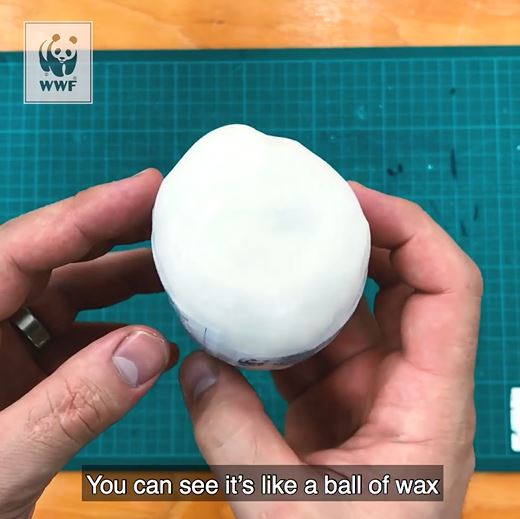
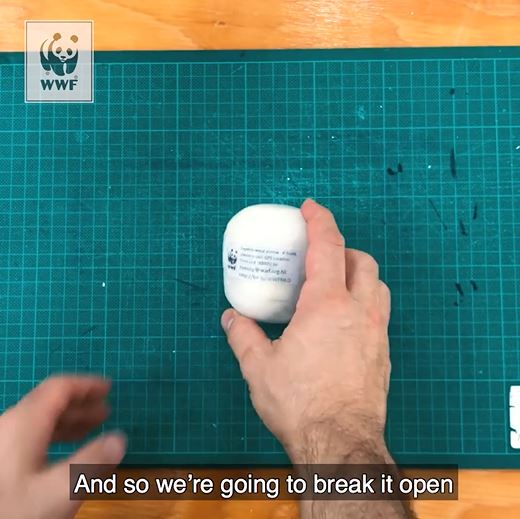
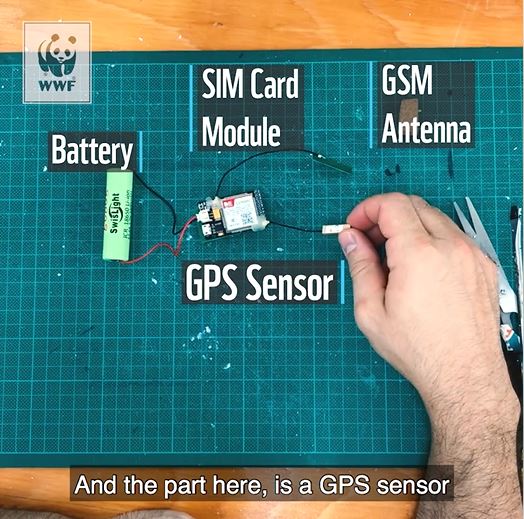
Figure 4. Outer and Inner Appearance of Marine Litter Detective (Maker Bay, 2020)
What is very helpful to know is that all hardware and software tools of Marine Litter Detective Project are open source gears, which are documented for other makers’ convenient use and innovative scale-up (GitHub Pages, n.d.). As a result, Marine Litter Detective devices have been designed to provide reliable GPS data at regular intervals, be biodegradable, low-cost, and simple to build and deploy. Ever since the deployment of the Project, 110 Marine Litter Detective devices were launched in rivers and drains of 11 locations around Hong Kong (Figure 5) by the students of 11 schools as the project partners.
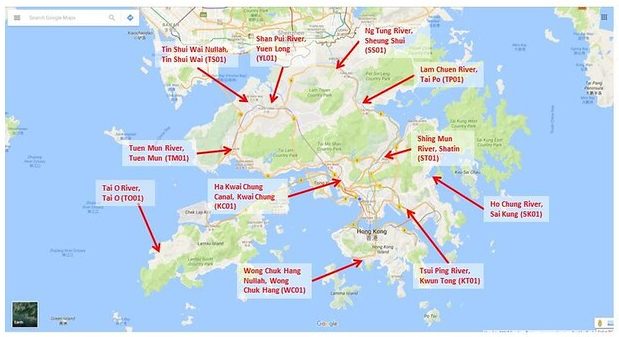
Figure 5. Deployment of Marine Litter Detective Devices in 11 Locations Around Hong Kong (GitHub Pages, n.d.)
In 2018, WWF shared in their media channel that plastic wastes from Hong Kong not only has affected the local water system’s health, but also has been influencing the marine environments of other countries as the wastes float around globally (Figure 6, WWF Hong Kong, 2018). What does this mean? Like air pollution, marine pollution of one area can be easily transferred to other areas, no matter where the pollution has originated from. This leaves us the food for thought, that environmental issues are never limited to national boundaries, which is why we need to implement more of such projects in concerted action worldwide to create real impacts on the global community we are living in.
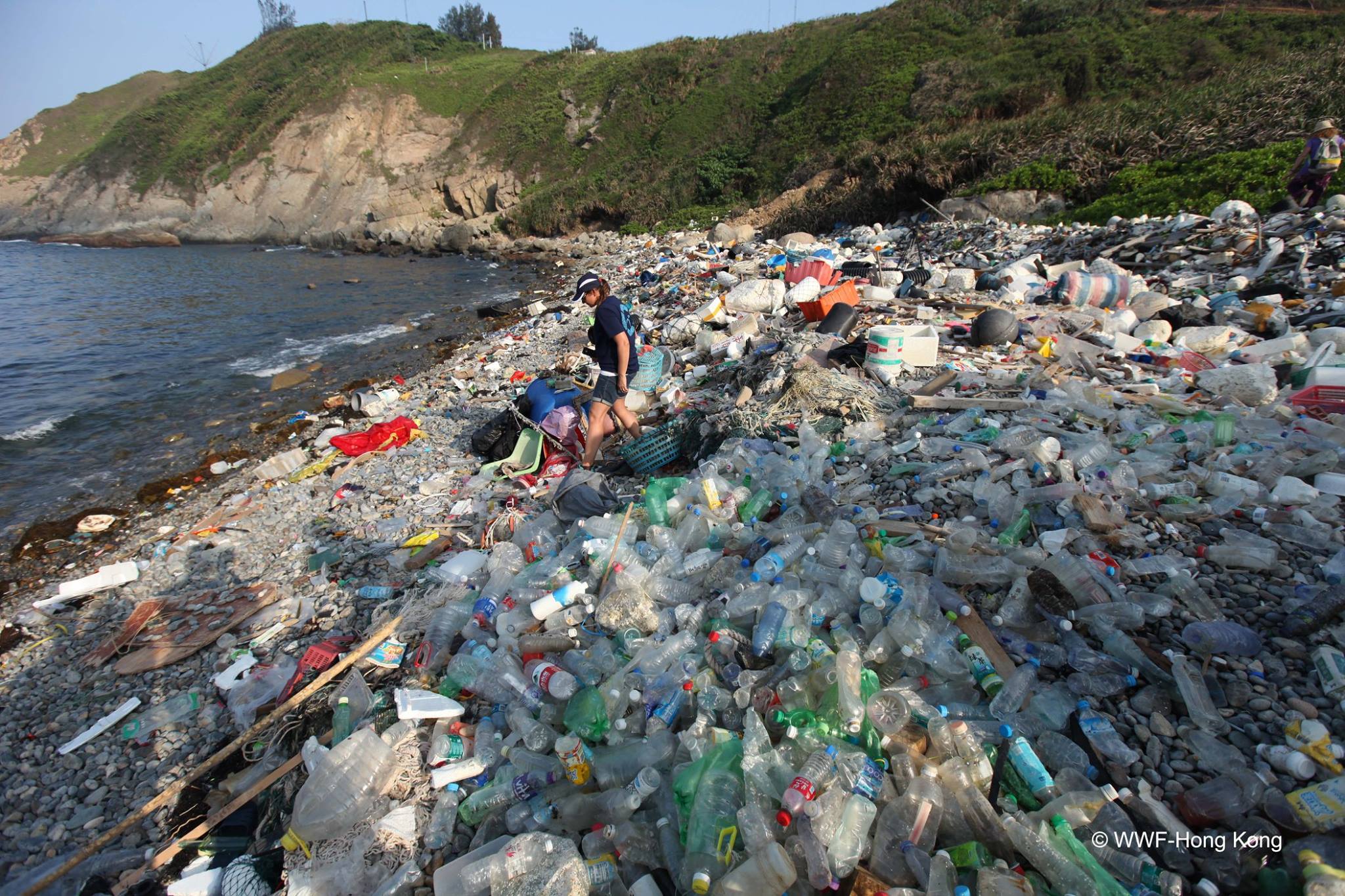
Figure 6. Plastic Wastes Gathered from the Ocean Surfaces (WWF Hong Kong, 2018)
As a result, when Protei – being the light-weighted device – is drifting in the ocean (just like other marine trash and litter do), it will send notification messages on the marine pollution data to the Project enablers. Then, the team will go and fetch the device to clean up the oil, as well as other marine trash and litter. So far, more than 100 Marine Litter Detectives have been deployed to date in order to (GitHub Pages, n.d.):
- Make simulations on how the land’s trash travels into drain systems, rivers, and oceans.
- Visualize the moving journey of Marine Litter Detectives to analyze “where the trash comes from, where it goes, how quickly it travels, how frequently the same trash is observed on different beaches, how much of the trash goes in the ocean/gets stranded on the beach”.
- Upgrade wind current simulations in the ocean, as well as deployed computer models
- Facilitate more research on marine health and its relevance with marine litter by deploying open hardware and software tools
Which SDGs Are Relevant?
This Marine Litter Detective Project helps us to understand the source of marine litter in Hong Kong’s marine area, and suggests a technological possibility in alleviating marine pollution. In order to understand how this project influences the UN’s SDGs, it is helpful to refer to Figure 7:
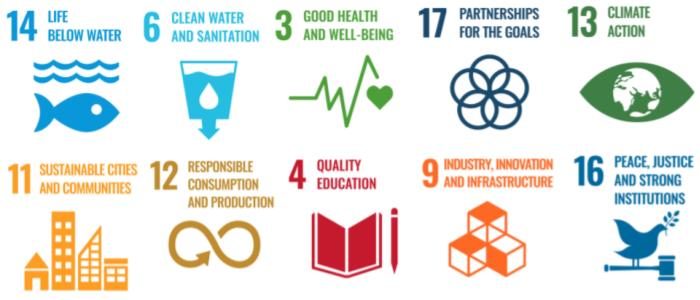
Figure 7. SDGs Influenced by Marine Litter Detective Project (UN, 2016)
In order to facilitate an in-depth understanding of what specific Targets of these SDGs are likely to have been influenced by the Project, we would like to share with you the following. The list will inspire us as a community to stay connected on each of the SDG we aim to achieve, since they are all interconnected and symbiotic in nature:
- Greatly decrease and prevent all types of marine pollution, with a focus on land-produced marine debris (Target 14.1)
- Protect and sustainably manage marine and coastal ecosystems by reinforcing restoration efforts and resilient practices, including developing scientific research capacity and sharing marine technologies (Targets 14.2 & 14.A)
- Protect and restore water-related ecosystems, and upgrade water quality by reducing pollution, eliminating trash-throwing practices, and minimizing release of hazardous chemicals and materials (Targets 6.3 & 6.6)
- Implement unified water-resource management at all levels, including transboundary partnerships (Target 6.5)
- Promote local communities’ civic participation on improving water quality and sanitation (Target 6.B)
- Decrease the number of deaths and illnesses from harmful chemicals and water pollution by bolstering the management capacity of glocal health risks (Targets 3.9 & 3.D)
- Promote development, transfer, dissemination, and diffusion of environmentally-sound technologies to developing countries (Target 17.7)
- Upgrade education, awareness-raising initiatives, as well as human and institutional capacity on mitigating climate change like adaptation measures or impact reduction/prevention at local community level (Targets 13.3 & 13.B)
- Upgrade inclusive and sustainable capacity of urban areas by encouraging participatory and integrated human settlement management on issues like waste management (Targets 11.3 & 11.6)
- Promote environmentally-sound management of all wastes and chemicals to curtail their detrimental effects on the environment, encompassing waste reduction (Targets 12.4 & 12.5)
- Guarantee that all learners obtain the knowledge and skills needed for facilitating sustainable development (Target 4.7)
- Develop domestic technological strengths, research, and innovation in developing countries (Target 9.B)
- Increase South-South and global partnerships on making science, technology, and innovation accessible (Targets 17.6, 17.9, 17.16)
- Secure inclusive, participatory, and responsive decision-making at all levels with developing countries for global governance (Targets 16.7 & 16.8)
Against this backdrop, innovative technological solutions – “to prevent, monitor and clean (PMC)” – are still greatly lacking to revitalize healthy marine ecosystems. Deplorably, there is no unified global data on how many of such solutions exist in this world, and to what extent they are implemented where, because all the efforts and information are neither well-woven together, nor are they easy to be accessed for the public to view. (Nature Sustainability, 2021). As analyzed by Bellou et al (2021), among 177 PMC solutions for restoring the health of the ocean, 33 solutions are devised for prevention, 106 solutions are implemented for monitoring, and only 30 solutions are responsible for cleaning the marine ecosystem. This brings us into the status-quo of emergency, which necessitates us to design and deploy more environmentally-sound ocean-cleaning solutions, like the Marine Litter Detectives. Always remember that our present situation is not our final destination. The best is yet to come.
About Author
Ye Seong SHIN
Sustainability and CSR Manager at Seeed Studio
。
Jointly organize/participate in multi-stakeholder projects/platforms/events/webinars/workshops/hackathons/etc. to accelerate SDGs with local communities and open tech anywhere in the world by connecting with Ye Seong SHIN today on LinkedIn.
。
Seeed Studio is the IoT and AI solution provider for all types of traditional industries’ sustainable digitalization. Since its establishment in 2008, Seeed Studio’s technological products and customization services are used for smart agriculture, smart cities, smart environmental monitoring, smart animal farming, smart aquaculture, meteorological monitoring, STEAM education, and all types of emerging scenarios enabled by the Industry 4.0. With the company’s mission to “Empower Everyone to Achieve Their Digital Transformation Goals” (which shares similar values with SDGs’ Motto of “Leave No One Behind”), Seeed Studio is devoted to using open source technologies for accelerating SDGs with multi-stakeholders from UN agencies, academia, companies, CSOs, governments, public/private organizations, and so on. This is why, Seeed Studio also founded “Chaihuo Maker Space”, and started China’s first Maker Movement by annually organizing “Maker Faire Shenzhen”.
Un progetto davvero interessante. Con la batteria, che autonomia ha?
È prevista una versione con un sensore che possa rilevare le microplastiche?
Hi, Raffaele! Thanks for reaching out. As for your questions, you can directly check out the Marine Litter Detective website, where all open source hardware and software products are documented, as well as contact details to the project team for further inquiries: https://makerbay.github.io/Marine_Litter_Detective/